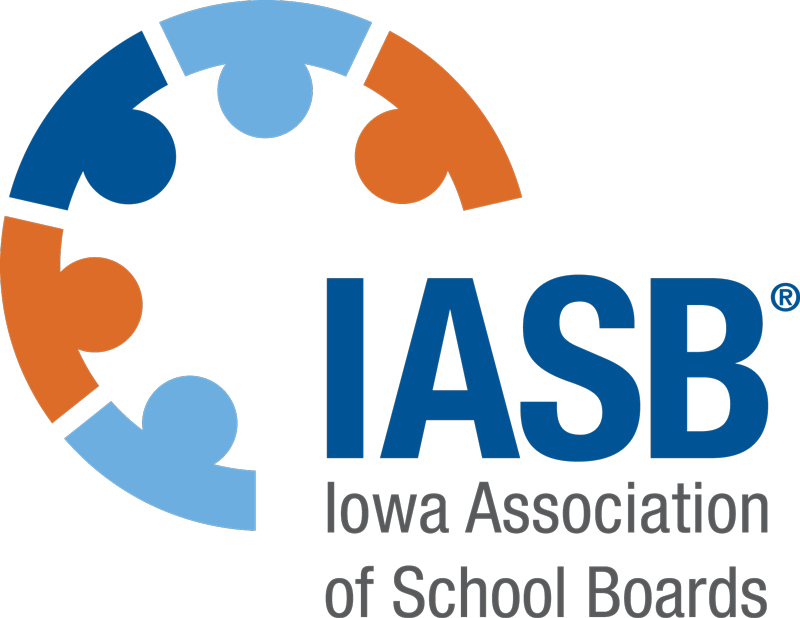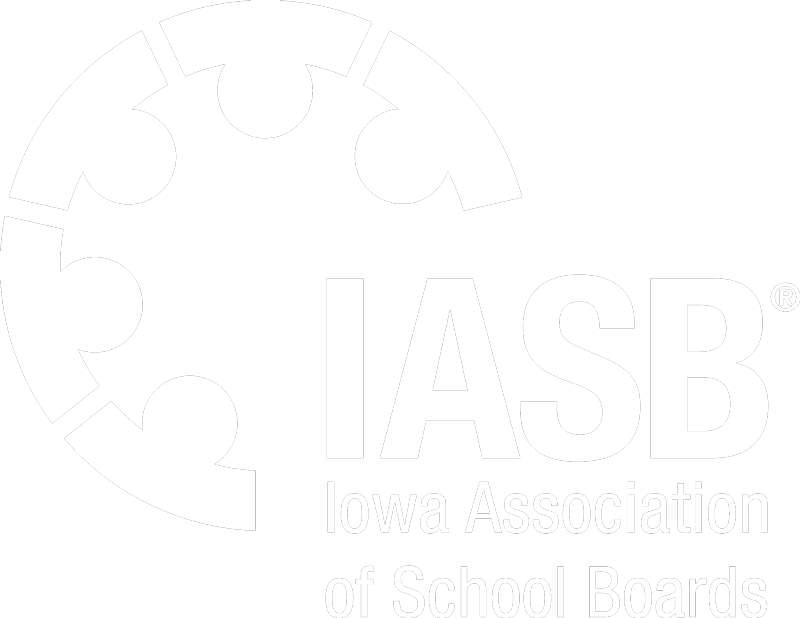Curriculum
The legislature added flexibility to certain graduation requirements, emphasized early literacy, and enacted prescriptive social studies curriculum through legislation.
HF 2465—Agriculture Classes as Science Credit: This bill would allow agriculture classes to count toward the five required units of science, with a limit of two units of agriculture that can count toward the science requirements. It also adds additional math course options related to applied sciences, technology, engineering or manufacturing.
IASB is registered in support of the bill because it allows more flexibility for students to fulfill science requirements but puts good limits on it. The bill passed the House by a vote of 95-0 and passed the Senate by a vote of 48-0. Governor Reynolds signed the bill into law on May 16, 2024.
HF 2545—Graduation Requirements, Standards and Curriculum Review: The House proposed and passed a strike after amendment, which replaces an entire bill. It includes several sections:
Comprehensive review of Iowa’s core content standards and graduation requirements
The review will include a statewide literacy plan to encourage using the Science of Reading principles. Additionally, teacher prep programs will teach these strategies and will be prohibited from teaching the three-cueing method.
There will be an opportunity for public comment on the review.
Initial policy change recommendations will be submitted to the legislature by Dec. 31, 2024. Final recommendations will be submitted by July 1, 2025.
A review of social studies standards, to ensure they include, for grades 1-12:
U.S. government and comparing alternative forms of government
Rights and responsibilities of citizens
U.S. history
Founding of Iowa and famous Iowans
Important figures and events in western civilization
Important historical and founding documents of the U.S.
Revised social studies standards will be presented by Dec. 31, 2025
Social studies standards for grades 7-8 will include civics instruction
IASB is registered opposed to the bill because the new social studies standards are prescriptive. Additionally, we want to ensure the overall standards and graduation requirements review includes all relevant stakeholders, including those with specific content knowledge. The bill passed the Senate by a vote of 33-14 and passed the House by a vote of 57-36. Governor Reynolds signed the bill into law on May 16, 2024.
HF 2618—Governor's Literacy Bill: The bill contains two main sections to address early literacy and improve proficiency in young students:
Foundations of Reading assessment for teacher prep candidates: Teacher prep programs will be required to administer the Foundations of Reading assessment and report the percentage of students above, at, or below a passing score to the Department of Education. Students and current teachers will not be required to pass the test for licensure.
Ensuring students are proficient in reading: School districts will provide written notice to parents of a student in grades K-6 who is not grade-level proficient in reading. Parents will have the option to retain their student in the same grade in the next school year. School districts must provide a personalized reading plan for students in grades K-6 who are not reading proficiently until they reach proficiency, through sixth grade if needed.
IASB is registered in support of this bill because we want to improve reading proficiency in young readers. We hope we can continue to do more to ensure all students are proficient in reading by the end of third grade. The bill passed the House by a vote of 92-3 and passed the Senate by a vote of 46-0. The bill was signed into law by Governor Reynolds on May 7, 2024.
15.3.2025.8

